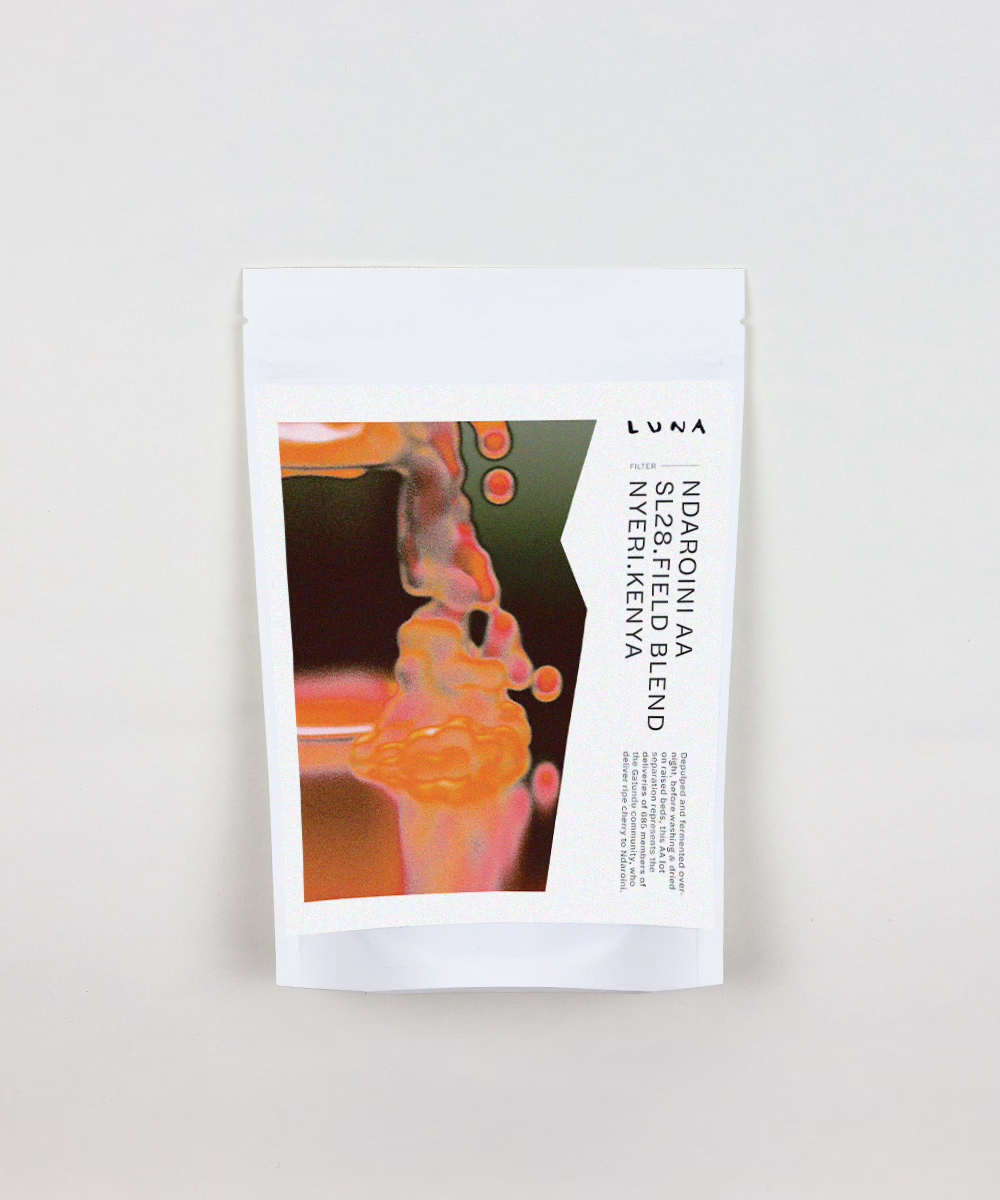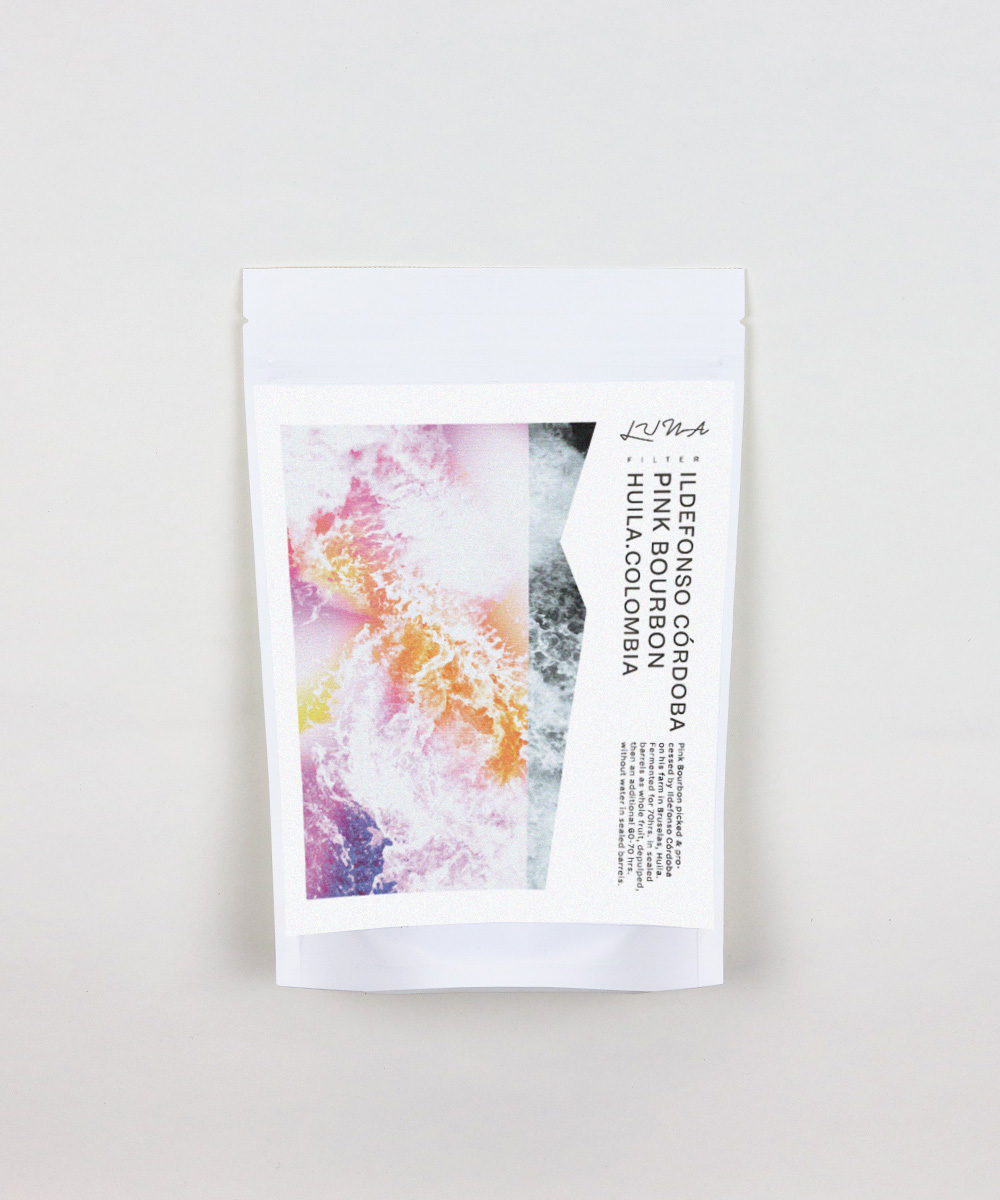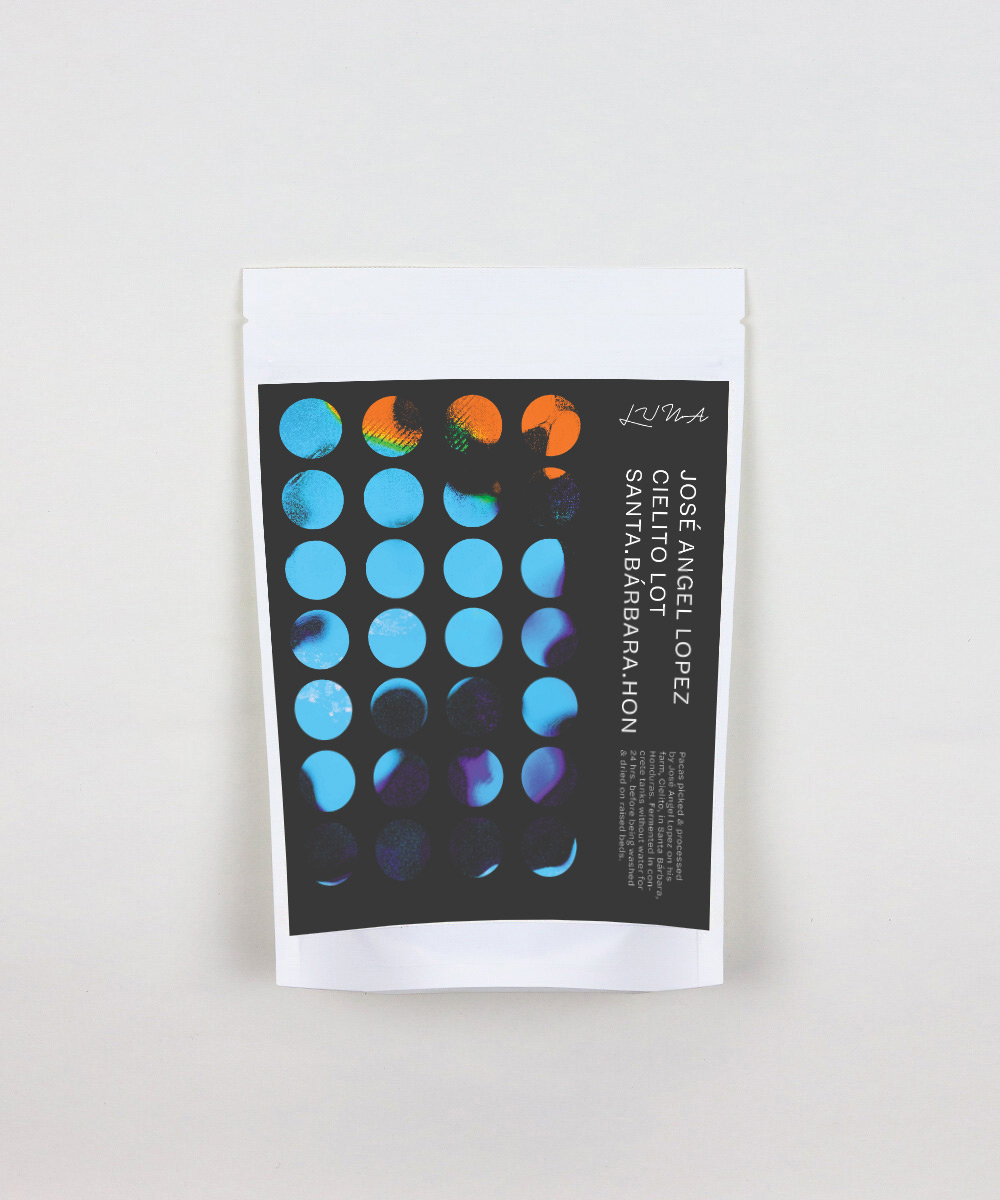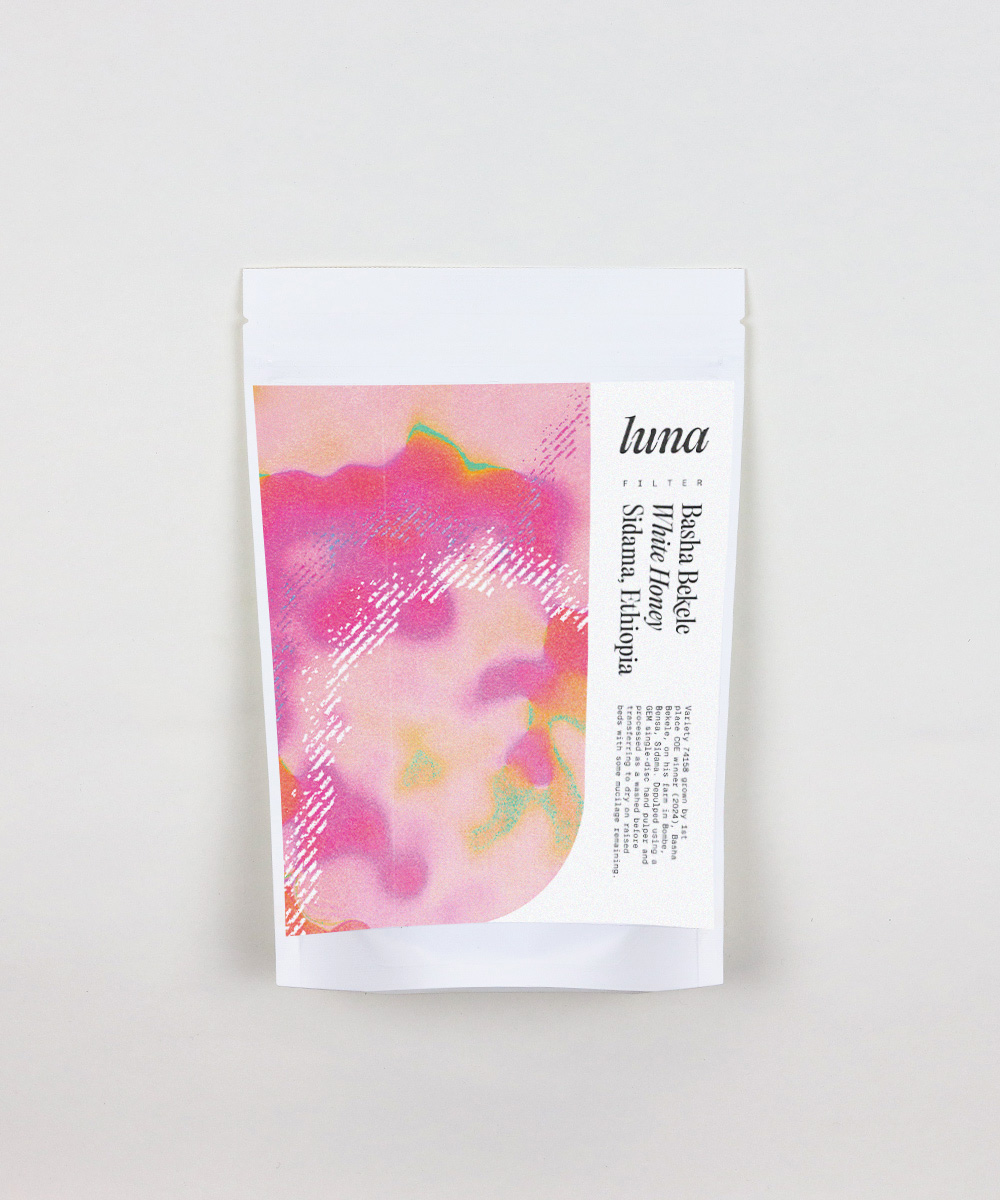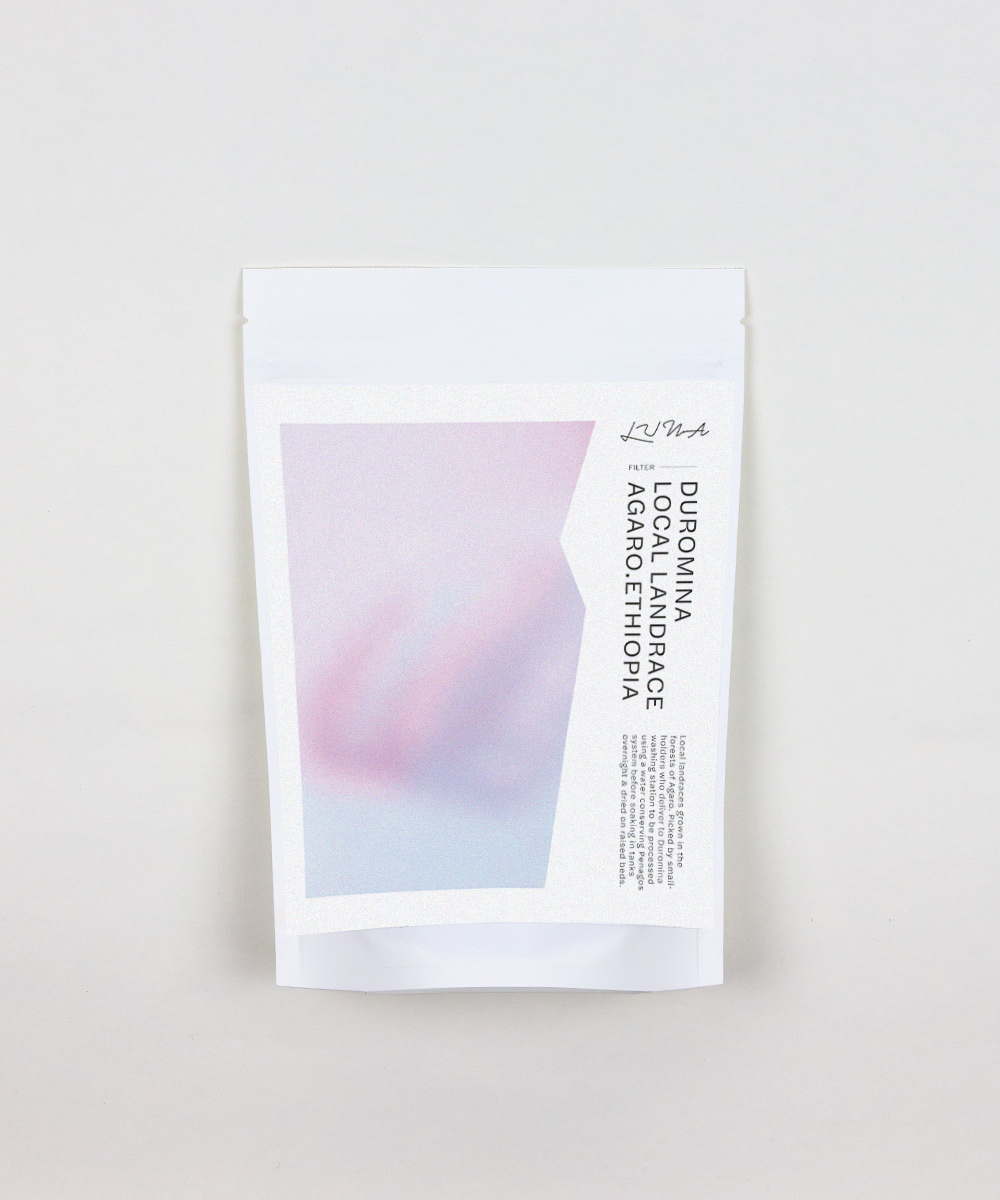Ndaroini AA | Nyeri, Kenya
US$0.00
Producers: smallholders from the Gatundu community
Where: Karatina town, Nyeri, Kenya
Varieties: SL28, SL34
Processing: Washed
Importer: Red Fox
Harvest: Jan 2024
Tasting notes: phosphoric, black tea, red currant
Depulped and fermented overnight, before washing & dried on raised beds, this AA lot separation represents the deliveries of 685 members of the Gatundu community, who deliver ripe cherry to Ndaroini.
With soft currant acidity, resinous, and a pleasant floral complexity to tie it all together, this lot is comprised of SL28 & SL34 varieties grown and processed by folks organized around the Ndaroini washing station in Gatundu subregion of Nyeri in central Kenya.
More
Ndaroini factory is owned by coffee growers in the Gatundu community with an active membership of 685 out of 795 registered members. Located on the foothills of Mt. Kenya, the area has deep red volcanic soil with good nutrients & water accessibility. The collective has a combined area of over 300 acres with coffee and a population of 170,150 coffee trees, mainly SL28 and SL34 bourbon cultivars.
Before the Ndaroini wet-mill (founded in 1984), producers didn’t have anywhere accessible to deliver coffee cherry for sale, so they ended up with an awful commute lasting hours. With Ndaroini’s wet-mill way closer to the group, it was deeply helpful for folks not only practically, but also for the quality and consistency of their efforts since it became possible to deliver fruit same day (making for a more consistent fermentation process). Folks are typically 20 minutes away, so farmers usually transport their coffee by motorbike (40-50 kg. of fruit at a time) and otherwise the washing station hires trucks to pick up the coffee in each farm.
This year was especially interesting in Kenyan agricultural law, since there was legislation passes with the intention to break up monopolies in the coffee sector. Vertical integration had been relatively common in Kenya, up until this point, with producers, co-ops, marketing agents, and exporters so tied together that often producers would get pre-financing (to pay pickers and make it through the harvest season with cashflow), and other help with agronomist access and other farming activities from the silos that dominated the sector. Though there were helpful parts to the status quo, there were also many issues related to trust and corruption, with less autonomy on the producer side of the equation. The hope is that by playing musical chairs with the system, once the dust and chaos settles, there will hopefully be more autonomy and agency for small producers.
Additionally, Nairobi has revamped the way coffee is sold, moving to a direct settlement system to bring better transparency and payment speed to coops and producers – Two things that were major pain points previously. This year has been a bit confusing for buyers who are looking for coffees they’ve worked with previously (who has access to which washing stations and who’s partnering with whom? It’s all different this year) but everyone is remaining optimistic that this will result in a healthy shakeup. We’re feeling fortunate that we have this example from this year’s Nyeri harvest as we move into late summer.
